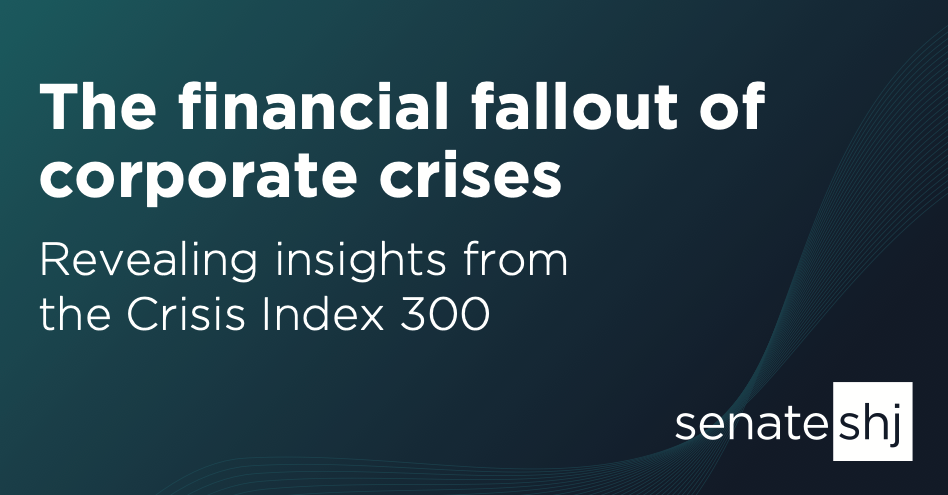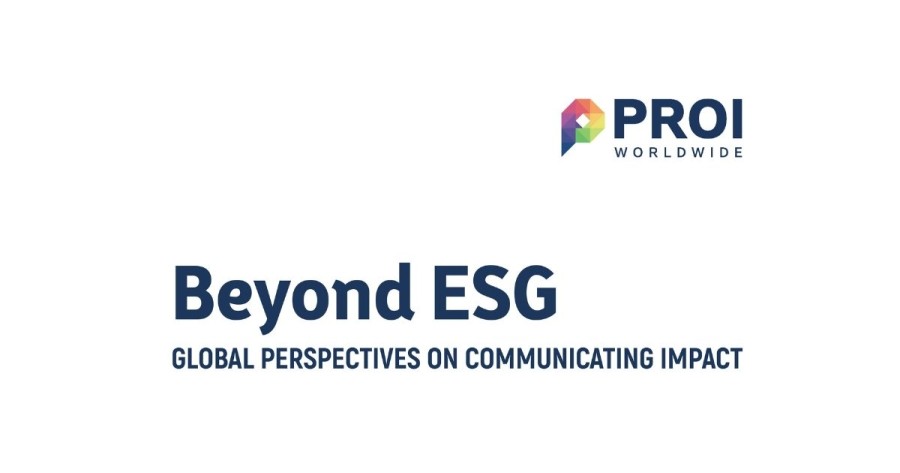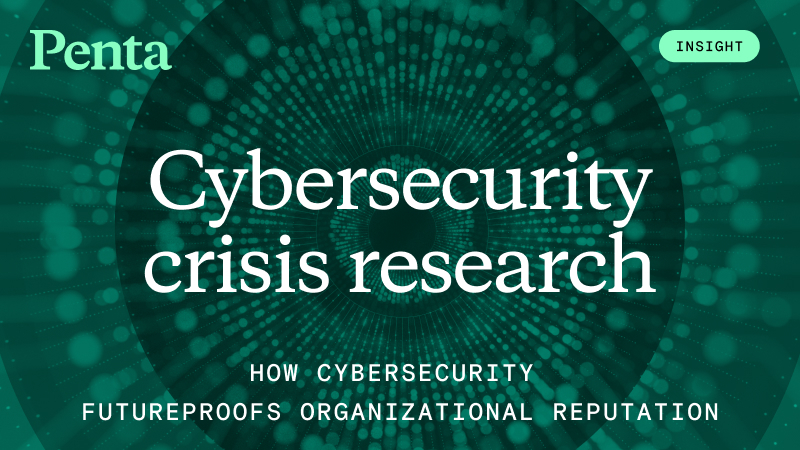Are the scenarios and the crises that are detailed in the index across the different industries worst case scenarios, or are there lessons in here for a typical listed entity?
There are always lessons for listed entities or any company for that matter. It often depends on what the crisis is and how they react to that crisis.
We've seen in the past, companies that deal with crises will typically recover quicker. And there are some great examples where companies have done it well. Johnson and Johnson. Whole Foods. KFC.
But those who deal with it badly can create a secondary crisis for themselves based on the way they react or don't react.
The Index is based on crises befalling listed companies globally, but they can impact any firm. Is the impact on listed firms exacerbated because of the attention they get from analysts and investors?
It depends what that focus from the shareholders or the investors is like. If the shareholders or investors view the company as handling the crisis well - they're doing everything they can to rectify it, they've been transparent, they have apologized, they have laid out what they're going to do to make the reforms required – then typically that results in less of the blowtorch being applied by those stakeholders.
However, analysts and shareholders in particular, if they view the company as being remiss in their response, not transparent, hiding behind too much legalese, or slow to react and not being authentic, the punishment can be quite harsh.
A lot of these crises were either “self-inflicted” or at least preventable. Are there any common lessons we can learn from these?
Typically, when we look back at a crisis, including many of those that are listed on the Crisis Index, it's often a result of culture, or behaviour, and typically that behaviour occurs across seven categories:
- Taking a shareholder primacy over the stakeholder primacy view
- Not taking a stand on an issue
- A lack of governance
- Gaps in supervision, monitoring or reporting
- Taking shortcuts
- Blame culture - them versus us, like a union stoush
- Training and staff, such as security guards put at the doors of hotels during the pandemic with no training in how to deal with COVID
Planning is everything. Everything.
If you don't plan and run crisis simulations, I can guarantee your response is going to fall over, or your team is not going to be up to it.
Those simulations very often need to take into account things that are outside your control, but also things that typically could happen in your environment.
But if you're not going to be running simulations, and you're not going to test your people and your processes, I guarantee you're going to have a problem.
I can't begin to tell you how many companies don't run simulations. And they find out when the proverbial hits the fan that they're just not prepared.
I think it was a Prussian Field Marshal who said no battle plan survives its first encounter with the enemy. How much of a difference can preparation make - what advantages does it give you when the proverbial does hit the fan?
There are three advantages. The first is teamwork. If you run a simulation, the team starts knowing who's doing what, and you can start relying on people and trusting people. And you can only do that when you're under the pump.
The second advantage is when you're under the pump, you discover where the gaps are. Running a simulation will highlight the gaps both in your crisis response, and also your operational response internally.
And that leads to the third thing: typically in a crisis, the management within the crisis management team doesn't have time to run the business.
And so when you run a simulation, they quickly realize they may be taken out for a week, a day, two weeks, or more. Who runs the business when they're running the crisis?
You’ve opened up the information behind the Crisis Index providing free access to firms to analyse and draw information from. How can they use it?
There are a lot of ways. If you're an analyst in the banking and financial services and insurance sector, you can have a look at it to understand what the biggest threat is in that sector. What are they most likely to suffer in terms of a crisis? We know from the Crisis index 300 that it's actually mismanagement and white collar crime.
So an analyst could say to the bank that they invested in, what are your plans for managing a crisis that involves mismanagement of white collar crime?
Another example would be a crisis manager handling an issue at an automobile manufacturer, and they can go into the Crisis Index and find out what typically is the length of time to recovery for EPS or share price in that sector. They can look at what they need to do to mitigate that and bring that back a bit. At what they need to put in place that can help this company or brand recover quicker.
Finally, Criag, aside from “be prepared” are there sort of fundamental principles underpinning effective crisis response?
We know from decades of dealing with crises that ultimately, your guiding light, or your North Star, should be your values or vision statement - that should guide your decisions.
Too often we see decisions made in the heat of the moment that are ego-driven, or outrage-driven, and by that I mean companies are outraged at the regulator or they're outraged at the consumer, the way they're getting stuck into the company. That never leads to a good decision.
Always stick to your values when you're making a decision. And don't let fear or confusion interfere with that moral compass or cloud your decision making.
And finally, an apology doesn't make you legally liable. If you apologize, you can do it in a way that doesn't admit fault, but actually does show genuine concern for those who are impacted.
I can't tell you how many times lawyers get in the way of apologizing, and the company comes across as cold-hearted, uncaring, and their stakeholders turn around and say, you guys actually don't give a damn.
Empathy is absolutely key to the way you respond and it's always got to be a people-led response, a human-led response, because otherwise you run the risk of being called callous and uncaring.



